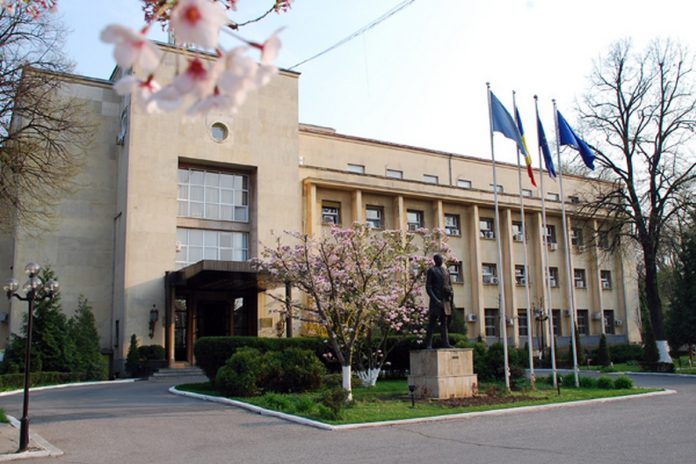The Foreign Affairs Ministry sent the Permanent Electoral Authority (AEP) the proposals for the locations of 950 polling stations organized for Romania’s upcoming presidential and parliamentary elections, a list drafted based on the information received from Romania’s diplomatic missions and consular offices, the Ministry said in a release.
Compared to the June 9 European Parliament election, for which 915 polling stations were organized, 35 additional stations were proposed for the new voting exercise.
The most polling stations will be organized in Italy (and Malta) – 158; Spain – 147; the United Kingdom – 107; France (and the Principality of Monaco) – 68; the Republic of Moldova – 59; the U.S.A. – 48; Belgium – 29; the Netherlands – 21.
Just like in the case of the EP election this June, for objective reasons, it won’t be possible to organize balloting places in: Afghanistan (the Romanian troops have been withdrawn from the said theaters of operations), Rostov-on-Don (the consular office is about to be closed), Odessa (the activity of the consular office is temporarily suspended), Sudan (the mission’s activity was taken over by the Romanian Embassy in Addis Ababa), Venezuela (the diplomatic mission was closed), Libya (the diplomatic mission was relocated to Tunis), and Pyongyang (the activity of mission is temporarily suspended).
Also, two polling stations that were active at the EP election this year (Freising and Ludwigsburg in Germany) will no longer be available due to the lack of an adequate space to allow elections to be held for three consecutive voting rounds. Voters from the two areas will be able to opt for alternative voting facilities, located some 50 km away.
Compared to the situation at the June EP elections, for the presidential and parliamentary elections, 51 stations were relocated to nearby localities or areas following consultations with representatives of the Romanian communities, due to the fact that no suitable buildings were available during all eight days in which elections will be held abroad. At the same time, in the case of 11 polling stations in Finland, France, Spain and the United Kingdom, different addresses will be used between the first round of the presidential ballot and the parliamentary elections, respectively the second round of the presidential election.
Voting abroad in the presidential election takes place over three days in each voting round (November 22, 23 and 24, respectively December 6, 7 and 8). All enfranchised Romanian citizens who are out of the country at that time can vote at the precincts organized abroad, based on a valid identity document issued by the Romanian authorities.
In the parliamentary election, voting abroad takes place over two days (November 30 and December 1), with only enfranchised citizens who have their domicile or residence abroad allowed to cast their ballot.
More details about exercising the right to vote in the 2024 presidential and parliamentary elections can be found on the website of the Foreign Affairs Ministry at https://www.mae.ro/node/64178.
In no more than three days from receiving the Foreign Ministry’s proposals, the Permanent Electoral Authority approves by decision the proposals for the locations of polling stations abroad and publicly releases the final list of the said precincts.
AGERPRES




